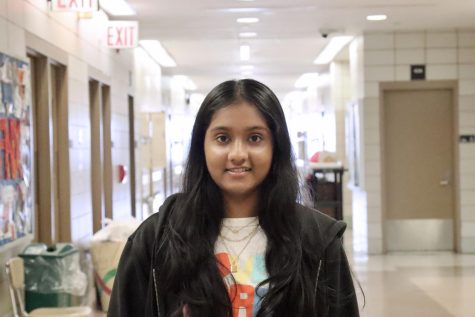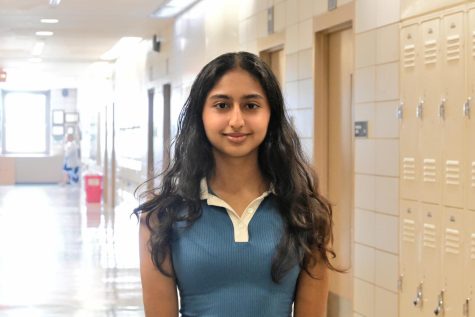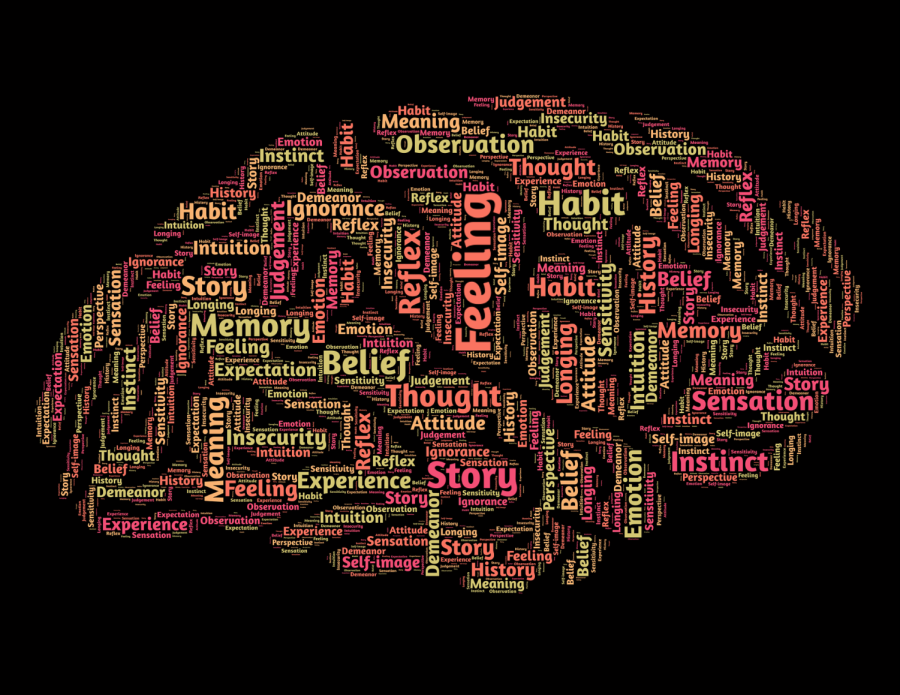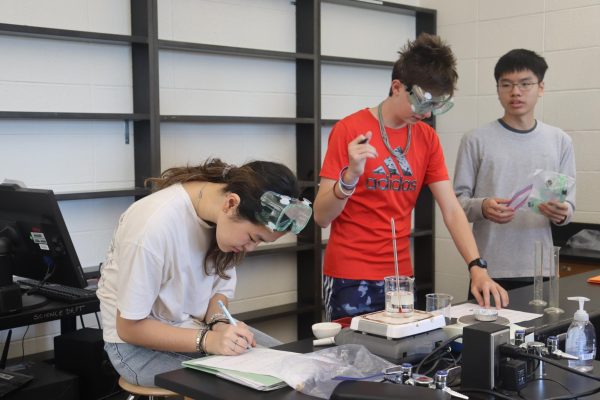The science behind the guidance department’s “Mindful Monday” series

The life of a student is generally a stressful one. Between their exhaustive schoolwork, various extracurriculars, and household responsibilities, it’s easy to get swept away in the momentum of it all. However, it’s important to break away from that momentum once in a while and instead become aware of one’s surroundings and inner thoughts. This state, known as mindfulness, has been scientifically asserted to improve overall lifestyle and health.
From its start in East Asia as a Buddhist tradition, the concept of mindfulness has come a long way. While it has been incorporated into the school with the introduction of things like the Zen Den, Townsend Harris now hosts two minutes of guided mindfulness exercise each Monday morning following the announcements. The exercises are meant to help students relax and destress at the start of their week.
Alison Harris, the school’s social worker, originally proposed the idea of Mindful Mondays and now hosts it alongside guidance counselor Sara Skoda. Ms. Harris said, “Most people don’t like Mondays, so I figured, [it would be] the best way for everyone to relax. As we know, Harrisites are very anxious [as a result of] the rigorous curriculum, so we [want them to] take the time to just sit and breathe.”
For the most part, these sessions have received positive feedback. “I think it’s good, especially if you have a test that day. It makes me calm,” said sophomore Puja Biswas. “I feel inspired and ready to do my work.”
Sophomore Fiona Gao said, “It’s nice that [the school] cares for our mental health.”
“A lot of students here are future thinkers, and while future thinking is great, what’s happening in each moment is important, too,” said Ms. Skoda. “Seeing students come in and thank us for what we’re doing, as well as how much teachers enjoy these sessions, proves to me that we’re doing it – but, I still think there’s more to do.”
However, some may disregard the exercises, preferring to continue with their conversations and classwork instead. Sophomore Rina Chen remarked, “Sometimes, the students in my class are too disruptive, so I can’t hear the announcements.”
For those questioning the potential impact of this practice, while just breathing and thinking while work awaits may seem unproductive, the impact of mindfulness goes way beyond the few moments you spend on it. To understand the value of mindfulness, it’s important to understand what it is as well as how it alters our brain physiology.
Dr. Yanti Ivana Suryanto, psychology researcher working at Universitas Kristen Duta Wacana, explained, “When someone is in a state of mindfulness, the point is to be fully aware of what is being done at the moment and not to make judgments based on their perceptions. Mindfulness modifies the neural processes in the networks that regulate attention, automatic thinking, and emotion through a complex mechanism.”
According to a newsletter by the National Institute of Health, “Studies suggest that mindfulness practices may help people manage stress, cope better with serious illness, and reduce anxiety and depression. Many people who practice mindfulness report an increased ability to relax, a greater enthusiasm for life, and improved self-esteem.”
These ideas may sound like placebo effects, or a load of superstition based on ancient assumptions; however, there is substantial evidence that mindfulness practice can measurably influence a plethora of positive changes within your body.
First off, it really does improve decision making, in addition to increasing general intelligence, by thickening the gray matter in the brain’s prefrontal cortex, which regulates our actions and thoughts. Mindfulness also shrinks the amygdala, which processes fear and fight-or-flight reactions.
Engaging in mindfulness also increases blood flow to the anterior cingulate cortex, the brain region that is most essential to producing motivation. Researchers were able to determine this by evaluating electroencephalography-produced images, which represented changes in participants’ attention while they performed certain tasks. Freshman Kelly Vu said, “The mindfulness announcements make me feel more motivated to work in school.”
A study from the Stress Reduction Clinic at the University of Massachusetts proved that mindfulness can also help deter physical illness, including stress-related gastrointestinal issues, hypertension, high blood pressure, and more.
Junior Reah Joby attested to the benefits of mindfulness towards her own stress: “I do think that [the mindfulness] announcements are helpful. I need it especially since junior year is very stressful.”
In their chapter in the book Handbook of Mindfulness in Education, Professor Kristen E. Lyon from University of Queensland and researcher Jennifer DeLange from Metropolitan State University of Denver make the case that mindfulness training in schools should, based on former neurological findings, be implemented in the classroom for its vital role in influencing academic achievement through improvements in students’ self-regulation.
Types of mindfulness include, but are not limited to, gratitude lists, transcendental meditation, journaling, trauma-informed meditation, and mindful breathing. “We try to vary what we use for our announcements because mindfulness is a lot of things,” said Ms. Skoda. “Most of the exercises are tailored to teach a new mindfulness skill that is applicable to the events of the week. For example, if it’s a heavy testing week, we try to focus on that.” Ms. Harris suggests using YouTube to exercise outside of school, too.
While two minutes of mindfulness should have a decent effect, the more mindfulness the better. Dr. Suryanto said, “It’s great when people do things mindfully throughout the day when they are awake. By doing everything mindfully people will be free from negative perceptions that burden the mind and waste energy.”
Your donation will support the student journalists of The Classic. Your contribution will allow us to purchase equipment, support our extracurricular events, celebrate our staff, print the paper periodically, and cover our annual website hosting costs.

Aastha is a senior at THHS. In her free time, she enjoys playing badminton and spending time with her friends and family. She also likes reading science-related...

Riya is a junior at Townsend Harris High School. She likes to read, travel, and go to the beach. She also likes to hang out with her friends. She danced...

































Jasmin • Apr 4, 2023 at 2:33 pm
The announcements can be helpful in reminding me to practice mindfulness however sometimes it is difficult to hear because of the low volume of the speaker. I do think the implementation of mindfulness in the school can be improved by increasing the volume of the speaker or the methods introduced could be more engaging like coloring or personal journaling. Do you agree? How can the implementation be improved in the school?